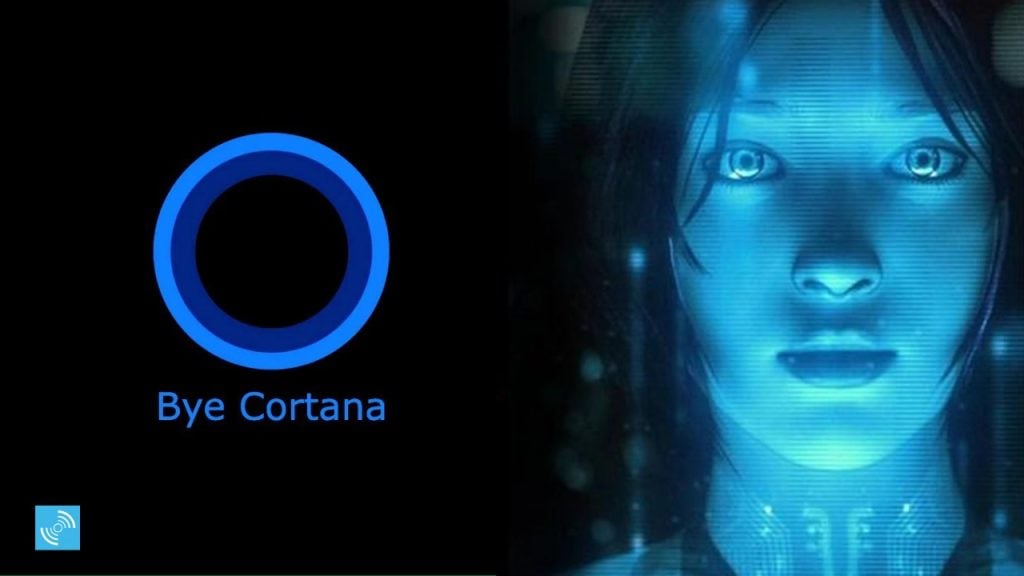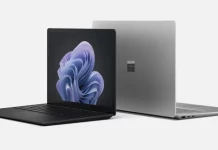Microsoft has officially announced the discontinuation of its virtual assistant, Cortana, on the Windows platform. In a recent support document, the company stated that the standalone Cortana app, which often goes unnoticed by users, will no longer receive support starting later this year.
This decision follows the introduction of Windows Copilot, which was unveiled at Microsoft’s Build 2023 conference just a week ago. Despite speculation that Copilot would replace Cortana, Microsoft’s Aaron Woodman clarified that the two services have distinct purposes and are not interchangeable.

Microsoft’s Focus Shift: Embracing AI with Copilot and Bing Chat
While Cortana will no longer be available, Microsoft assures users that AI experiences will still be accessible on Windows 11. Notable replacements mentioned in the support document include Windows Copilot, the new Bing, Microsoft 365 Copilot, and voice access in Windows, which enables voice control of PCs.
Cortana’s fate has been apparent for some time. Initially launched as a virtual assistant for Windows Phone 8.1 in 2014, it later made its way to desktops with Windows 10. Microsoft expanded Cortana’s presence by integrating it into various applications, resembling the current approach with Copilot. However, third-party Cortana devices such as the Harman Kardon Invoke smart speaker and the Johnson Controls Glas thermostat have also lost support.
Recognizing the limited potential for Cortana to compete with Amazon’s Alexa, Microsoft gradually scaled back its efforts. Cortana was separated from Windows, becoming a standalone app rather than a taskbar feature. Over the past couple of years, it has largely remained an app on Windows 11 without significant updates or new features.
Now, Microsoft is emphasizing Bing Chat and Copilot. The company’s focus on AI is evident, with plans to move forward with GPT-4, a more advanced voice assistant, instead of relying on Cortana’s basic functionality.
Microsoft clarified that Cortana will still be available in Outlook mobile, Teams mobile, Teams display, and Teams rooms. However, considering the discontinuation of Cortana on Windows and the lack of recent updates, it may not be the ideal time to build workflows around the virtual assistant.
Furthermore, the end of Cortana coincides with the approaching end of the Windows 10 era. Microsoft recently confirmed that the upcoming 22H2 version will be the final feature update for this widely used operating system.
RELATED:
- Microsoft Edge Dev Build Improves Performance and Security with New Update
- Microsoft to add Amnesia: The Bunker & more on Xbox Game Pass
- Surface Duo and Duo 2 Update Causes Device to Reboot Randomly, Microsoft Says It’s Investigating
- The Best Canon Cameras in 2023
(Source)







